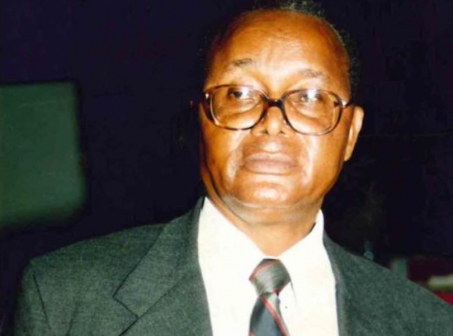×
The Standard e-Paper
Stay Informed, Even Offline

Judges have ruled former Provincial Commissioner Charles Koinange was incapable of writing a will before he died because he had Alzheimer’s disease.
Therefore, his Sh5 billion estate would be distributed based on family agreement, said the Court of Appeal.